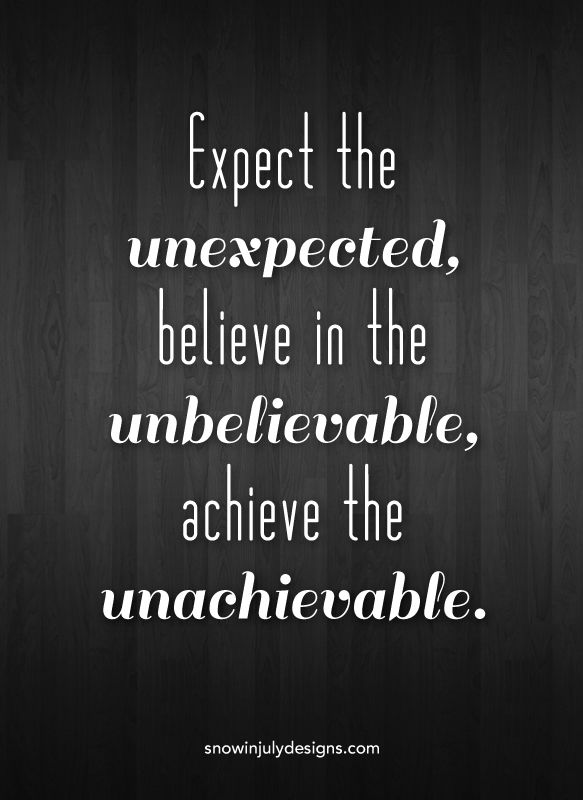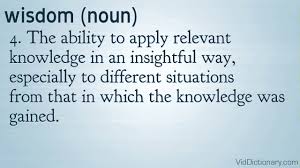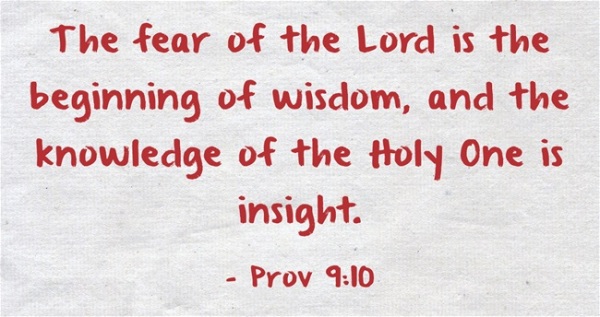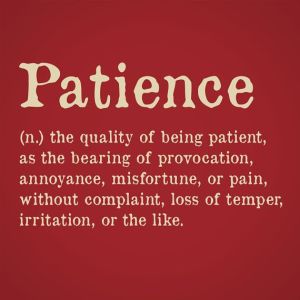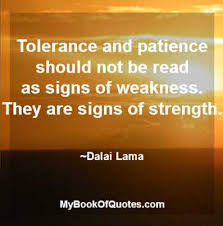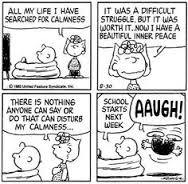
Years ago, I heard it said to “expect the unexpected… and then expect something else”. That was an ‘aha’ moment that I’ve never forgotten. The idea is to not be too surprised by unplanned news, events or circumstances since even those will likely not transpire exactly as you would have anticipated.
Right after New Year’s, I had planned surgery on my right foot. But, one month later, I experienced sudden and unplanned pain and swelling of my left knee. Wanting an idea of what to expect, I googled the anatomy of the knee. It seemed obvious that the culprit was my meniscus although the ‘why’ was a bit more obscure. Turns out that my meniscus had torn in two places along with some ligament damage. Even now, weeks later, considerable pain, inflammation, swelling, and fluid persist.
As for the ‘why’, I didn’t see it coming. My symptoms have been caused by the joint space in my knee narrowing to considerably less than the usual 1 cm gap. Other than a couple of temporary stop gap measures such as painkillers and joint space filler injections, the only lasting solution is knee replacement surgery. In Canada, that’s about a two year wait.
Nothing like the ‘unexpected’ followed by the ‘something else’.
Lots of things in life happen unexpectedly… both positive and negative. But, our reaction to the unexpected makes all the difference.

Take time to absorb the unexpected news, circumstance or event (but not too much time). While I didn’t feel so great about things initially, I didn’t let myself stay there.
Don’t assume that if something unwanted happens, it will automatically turn out badly. Unexpected situations often have the potential to open the door to new events in our lives that we do want.
Many a silver lining has been found in a dark cloud.
It’s often said to ‘hope for the best but plan for the worst’ when, in actuality, ‘it’s best to plan for the best’. Planning for the best possible outcome leads to the actions that bring good experiences.
It’s also important to keep a positive attitude. Being candid about our circumstances but genuinely positive about the outcome is inspirational. People love a good news story so be the good news.
I’d rather roll with the punches and come out on top. I’d rather rebound from an unexpected setback with an unexpected comeback, armed with a positive attitude and a good sense of humour.

With my recent diagnosis in mind, I’ve made an unexpected adjustment to my career, dusted off the stationary bike in the basement, and have been planning my comeback.
The real unexpected is me…
